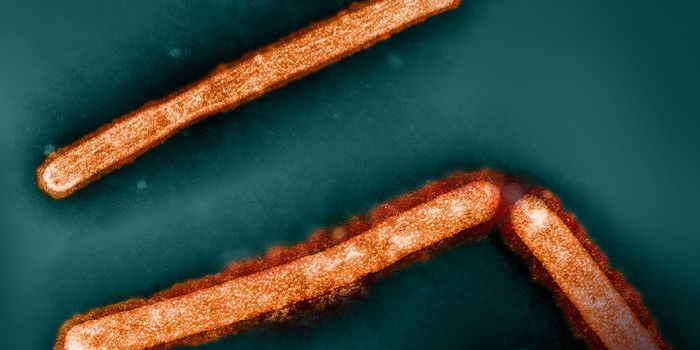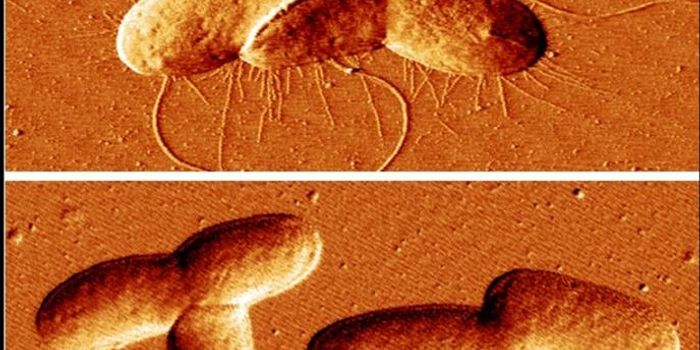Even Land-Locked Atlantic Salmon Use Earth's Magnetic Field to Navigate
A whole host of animals exhibit magnetoreception, which is the ability to navigate from point A to point B using signals emanating from Earth’s magnetic field. The quality is thought to be most common in birds and fish, but it’s likely a lot more collective than we know.
Image Credit: Pixabay
Both Atlantic and Pacific salmon are known to exhibit magnetoreception, but researchers from Oregon State University have proven that Atlantic salmon sustain this great ability through several generations even after being artificially transplanted into a landlocked lake.
The findings have been published this week in the Proceedings of the National Academy of Sciences (PNAS).
For their study, the curious researchers built a controlled pen at the Oregon Hatchery Research Center comprised of wooden walls that were covered with copper coils. This setup enabled the researchers to reproduce the effects of Earth’s magnetic field and test it against more than 1,150 Atlantic salmon specimens.
Related: These weird fish live in some of the deepest parts of the ocean
"We wanted to see how Atlantic salmon would respond if we put them into different magnetic fields at the boundaries of Pacific salmon oceanic range," explained study lead author Michelle Scanlan from Oregon State University’s College of Agricultural Sciences.
"If we put them into an extreme northern field, would they 'course-correct' and align themselves in a southerly direction, and vice-versa? And the answer was yes. They clearly aligned themselves in the tank to adjust to an appropriate magnetic field signal."
Related: Can effective fisheries management prevent the extinction of marine fish stocks?
As you might come to expect, Atlantic salmon rely on instinct just like any other animal. That said, the study has implications for fish that break out of farming pens and afterward swim free with local populations. After all, they’ll travel in the direction their magnetoreception tells them to rather than staying close to the pen they broke out of.
The study is one of the first to confirm magnetoreception abilities in Atlantic salmon after being disconnected from their ocean-based counterparts for several generations. It’s bringing researchers one step closer to understanding the hidden mechanisms that make this ability possible in the animals.









